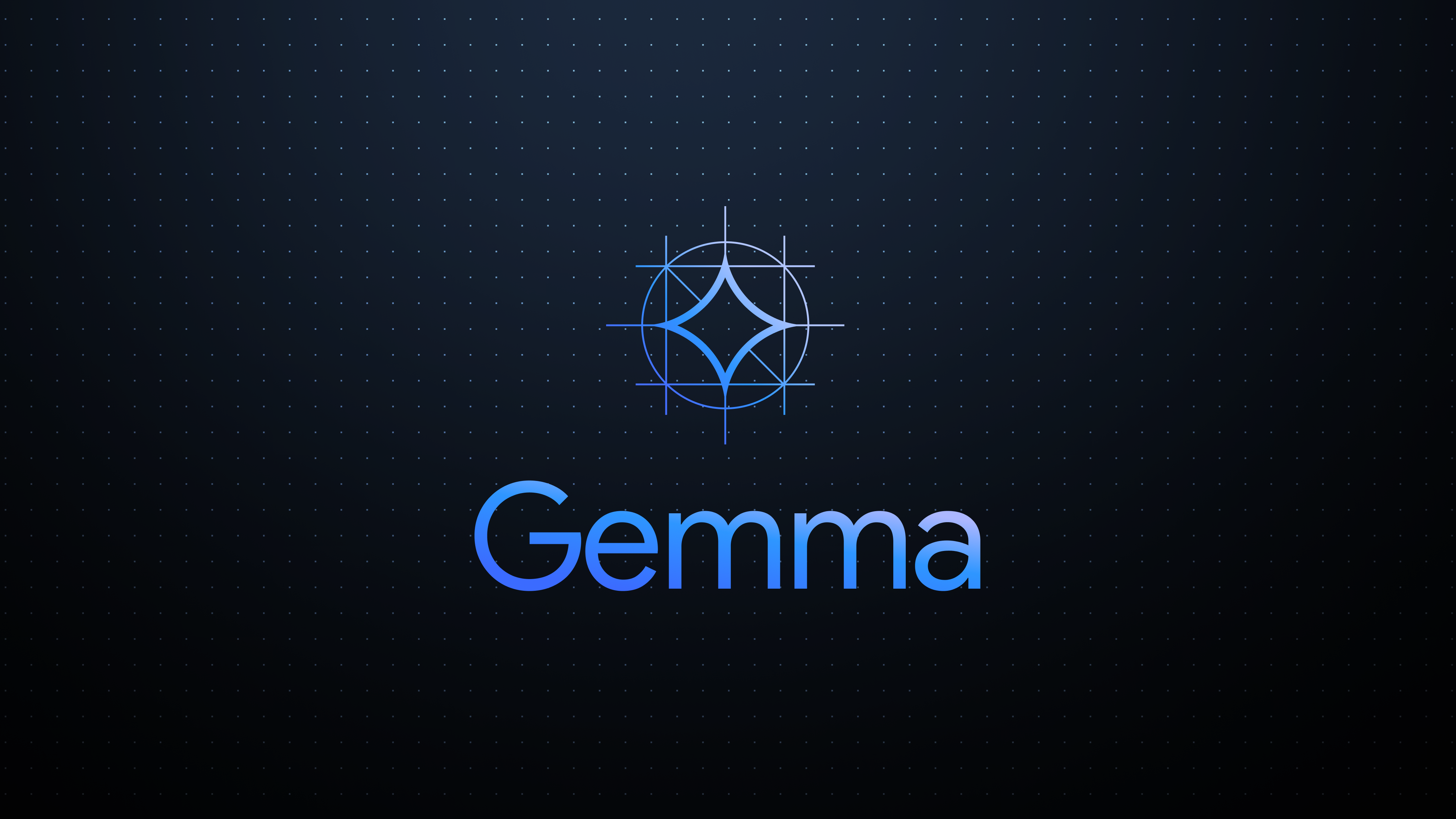
What you need to know
- Google announced a new family of open artificial intelligence models today, called Gemma, that are based on Gemini.
- The company is making two sizes of models available: Gemma 2B and Gemma 7B.
- Gemma models can be integrated and deployed with existing developer tools and frameworks.
Google announced the release of a new family of open-source AI models known as Gemma, based on the research and technology that built the Gemini suite of AI models. And because the Gemma models are open, developers and students can use them for both commercial and research purposes.
The company is offering two sizes of open models: Gemma 2B and Gemma 7B. These AI models are lightweight, and Google says that they outperform other open models of similar sizes. In fact, Gemma 2B and Gemma 7B can be powered by a laptop or desktop PC.
Gemma models can also be adapted to specific use cases with unique provided data. Some examples provided by Google include summarization and retrieval-augmented generation (RAG). RAG is a process used to improve the knowledge base and accuracy of an AI model by providing it with information from an external source. With a Gemma model and RAG, developers and researchers can create more specialized AI tools.
While Gemini is a family of closed models exclusive to select Google products and services, Gemma is open. That means it can be used with existing AI tools, like NVIDIA NeMo, HuggingFace, and MaxText. Google is also supporting the biggest frameworks available, such as PyTorch, TensorFlow, and Jax. This is how developers can deploy Gemma models with RAG.
Gemma will work on a variety of hardware types, including cloud servers, but is optimized best for Nvidia systems. Google and Nvidia partnered to specifically enhance Gemma's performance on Nvidia GPUs.
Alongside the Gemma models, Google is making a Responsible Generative AI Toolkit available, and the company wants to put safe AI applications at the forefront. The toolkit includes a novel methodology for building safety classifiers, a debugging tool, and best practices for model builders.
One of the many ways to access Gemma models is through Google Cloud. Google is giving new users $300 in credits, and researchers can apply for up to $500,000 in credits. Otherwise, free access is available in Kaggle and a tier in Colab notebooks.
Gemma is launching worldwide starting Feb. 21, and Google is telling users to expect "events and opportunities in the coming weeks to connect, learn, and build with Gemma."







